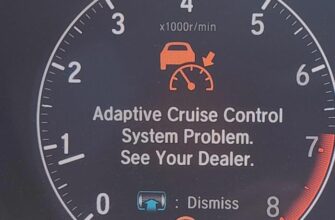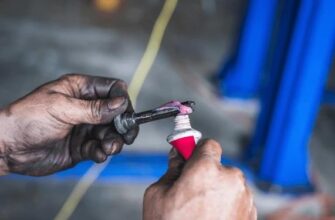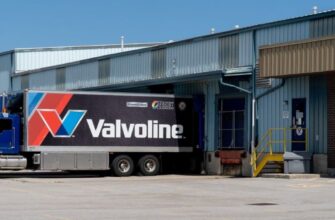Fuel odors in your car can be a cause for concern, and addressing this issue promptly is crucial for both your safety and the health of your vehicle. Gasoline smells can stem from various issues, ranging from minor concerns to more complex problems. In this comprehensive guide, we’ll delve into the possible reasons behind the lingering question: “Why does my car smell like gas?”

Fuel System Inspection
Fuel Leaks: A Silent Menace
One of the primary culprits behind the elusive gas smell could be a fuel leak. Inspect your car’s fuel system meticulously, paying close attention to the fuel lines, injectors, and the fuel tank itself. Even a minor leak can result in a noticeable odor, and if left unattended, it may escalate into a more serious issue.
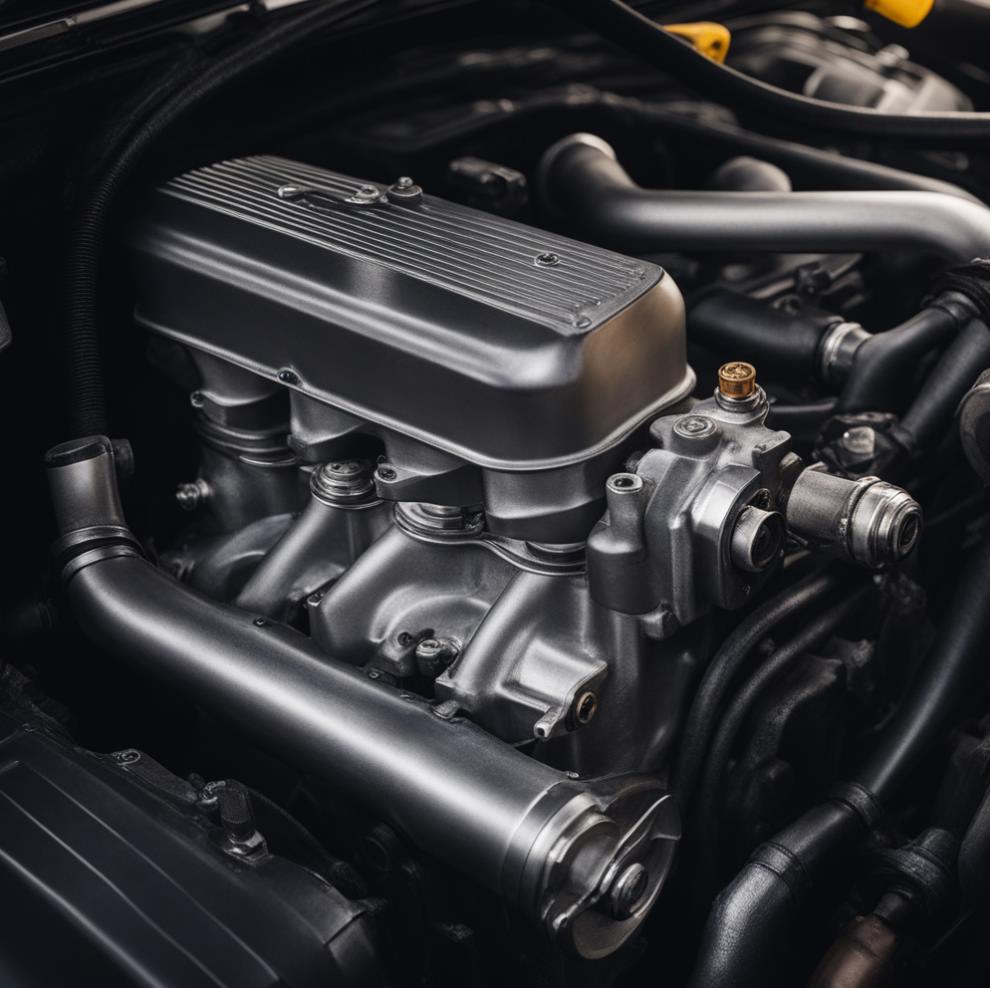
Exhaust System Examination
Catalytic Converter Woes
A malfunctioning catalytic converter can contribute to the unpleasant scent of gasoline. This essential component is tasked with converting harmful gases into less harmful substances. If it’s not operating optimally, it might be allowing fuel vapors to escape into the air, leading to the distinctive smell.
Engine Health Check
Faulty Fuel Injectors: A Common Culprit
Damaged or malfunctioning fuel injectors can also be a reason for the pervasive gas odor. These components are responsible for delivering the right amount of fuel to the engine. When they malfunction, they may either over-fuel or under-fuel, resulting in a noticeable gas smell.
Evaporative Emission Control System (EVAP)
Cracked Gas Cap: The Simple Yet Crucial Fix
Sometimes, the answer to the question “Why does my car smell like gas?” lies in the seemingly insignificant details. A cracked or improperly sealed gas cap can allow fuel vapors to escape, permeating the air with a strong gasoline scent. Ensure that your gas cap is tightly sealed and free from any visible damage.
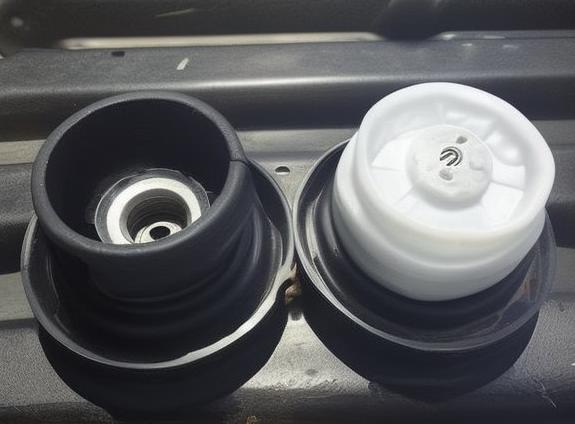
Environmental Factors
External Influences
Before panicking over potential mechanical issues, consider external factors that may contribute to the gas smell. Refueling your car in a poorly ventilated area or spillage during the refueling process can leave a lingering scent. Ensure that you haven’t spilled any fuel during the last refueling.
Actionable Steps to Address the Issue
Professional Inspection: Your First Step
If you’re unable to identify the source of the gas smell or if it persists despite your efforts, it’s imperative to seek professional assistance. A certified mechanic can conduct a thorough inspection of your vehicle, utilizing specialized tools to pinpoint the exact cause of the issue.

Prompt Repairs Save Costs
Addressing the issue as soon as possible is not only crucial for your safety but can also save you from costly repairs down the line. Ignoring a fuel-related problem could lead to more extensive damage to your vehicle and compromise its overall performance.

Conclusion
In conclusion, a gasoline smell in your car is a symptom that warrants immediate attention. From fuel system issues to environmental factors, the reasons can vary, and a systematic approach to diagnosis is key. Regular maintenance and prompt action in the face of any unusual smells will ensure a smooth and safe driving experience.





